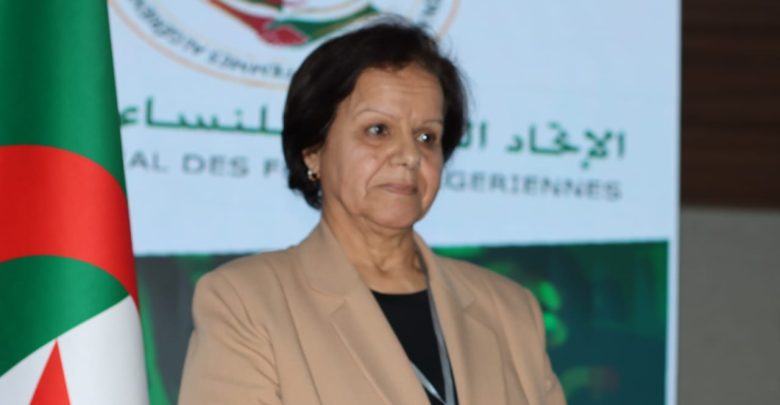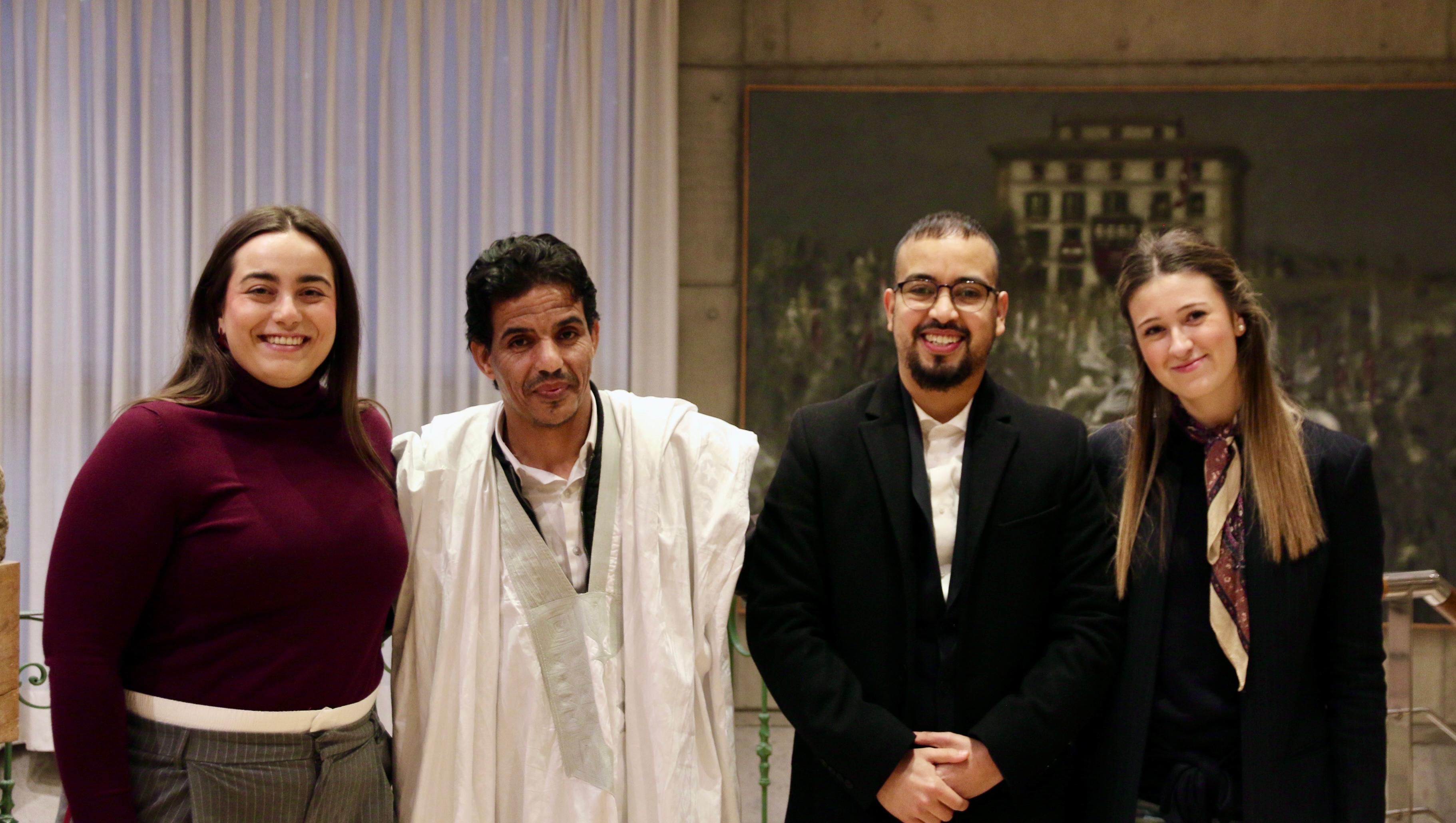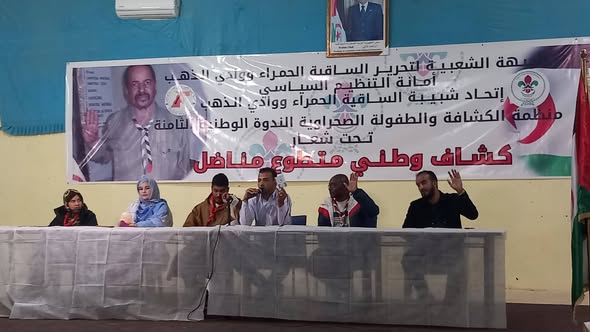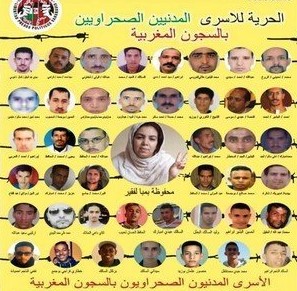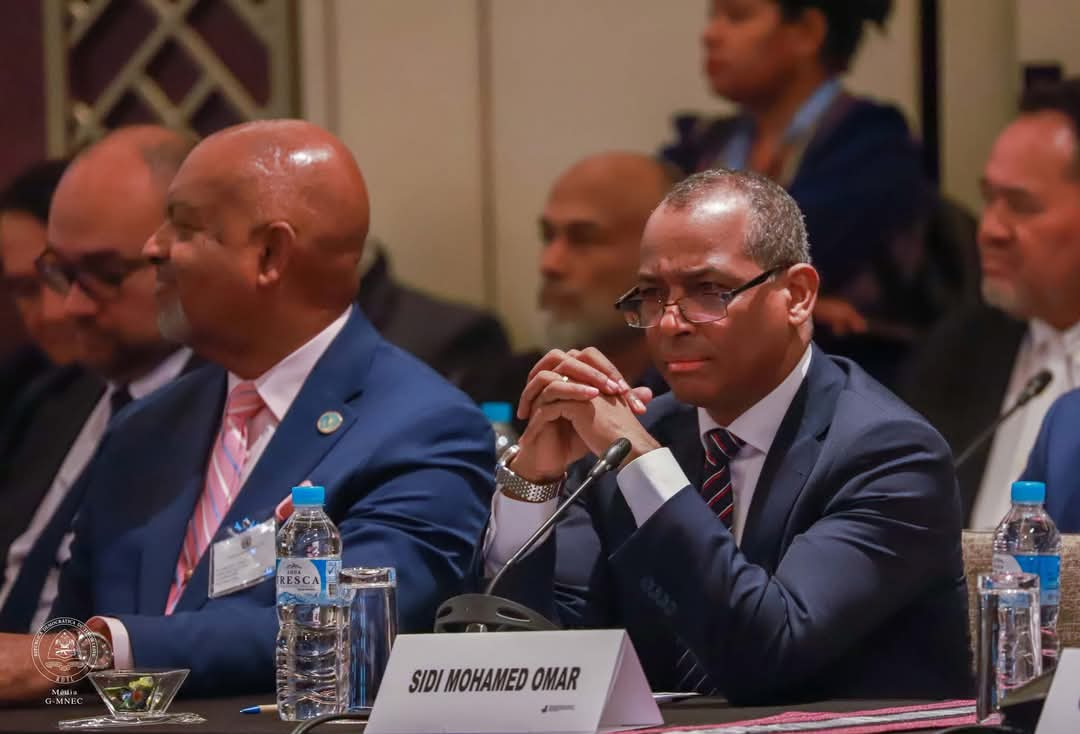
Dili (East Timor), May 23, 2025 (SPS) – Dr. Sidi Mohamed Omar, member of the National Secretariat, the Polisario Front’s representative at the United Nations and coordinator with MINURSO, exposed the baseless claims of the representative of the Moroccan occupying state at the UN, stressing that the latter’s attempt to recycle the same discredited allegations—already rejected by many participants—only reveals his bankruptcy and desperation.
This came during discussions and responses to statements made at the Pacific Regional Seminar organized by the UN Special Committee on Decolonization (C-24) in Dili, the capital of East Timor.
During his intervention, the representative of the Moroccan occupying state repeated a series of false claims, including the assertion that the Western Sahara issue had been "settled" by the 1975 Madrid Accord, followed by talk of so-called "development projects" in the occupied Sahrawi territories.
In his rebuttal, the Sahrawi diplomat posed a series of pointed questions:
If the Moroccan representative’s claims were true, why did the UN General Assembly strongly condemn Morocco’s continued occupation of Western Sahara in its resolutions 34/37 (1979) and 35/19 (1980)?
Why does the General Assembly and its subsidiary bodies—as well as the Security Council—continue to treat Western Sahara as a decolonization issue (in the case of the General Assembly) and a matter of peace and security (in the case of the Security Council)?
Why did the Security Council establish the UN Mission for the Referendum in Western Sahara (MINURSO) in 1991 to conduct a referendum enabling the Sahrawi people to exercise their right to self-determination and choose between independence or integration with the occupying state?
The Sahrawi diplomat particularly emphasized that Sahrawi citizens in the occupied territories not only endure the most egregious human rights violations but also face the suppression of their cultural identity and heritage, alongside systematic policies of forced impoverishment, economic subjugation, and historical and cultural erasure.

